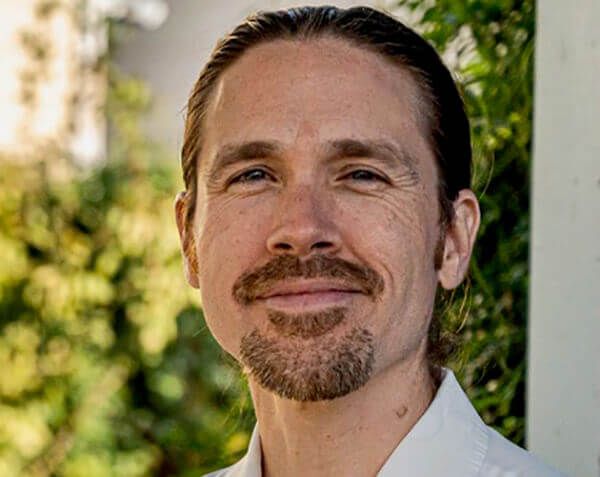By Dr. Jeffrey Pierce
Great news! We now know, based on scientific research, that a low-fat, plant-based diet can prevent, treat, and sometimes even reverse heart disease!
This is really amazing news. Way back in 1990, Dr. Dean Ornish and his colleagues showed that a combination of a healthy diet, exercise, stress management, and group support could help unclog our heart arteries1. Then, in 2014 Dr. Caldwell Esselstyn showed similarly that a group of patients with advanced heart disease eating a similar diet had 100 times fewer cardiac events (things like heart attacks and need for stents) than those not keeping with the diet2.
February is American heart month. It’s a time to reflect on our own heart health and that of our loved ones. And for good reason – heart disease claims the lives of 1 out of 3 Americans. But we now know that heart disease, the greatest killer of Americans and almost every other group of people around the world, can be prevented. It can be halted in its tracks. It can even be reversed. This is information that every health care worker should be shouting from the rooftops. This is especially pertinent in light of the current Covid-19 epidemic and the association with severe Covid disease in people with heart disease.
Importantly, we must think of heart attacks as a disease of lifestyle. While our genetics play a role, the greatest reason why people have heart attacks is not what we were born with, but how we live. Tiny, seemingly insignificant choices, stacked up over time, lead to either smooth, pristine arteries that deliver life-giving blood to our heart muscle, or clogged-up, calcified heart arteries that lead to heart attacks. Do we choose the apple or the Apple Jacks? The tofu, or the tri-tip? Do we lace up our walking shoes, or watch another hour of television? Do we light a candle and meditate for 15 minutes, or light-up another cigarette?
Lifestyle medicine’s six pillars show us how to avoid getting heart disease, or treat it if we already have the diagnosis:
- Healthful eating: Eat a predominately or exclusively whole food, plant-based diet, since cholesterol and saturated fat found in animal products and processed foods lead to inflamed, clogged arteries. A diet full of vegetables (particularly green leafy vegetables), fruits, whole grains, and legumes (beans, lentils, chickpeas, split peas) will help keep your arteries pristine.
- Physical activity: There is strong scientific evidence that exercise reduces the risk for heart disease (and death, and diabetes, and many other conditions). Shoot for 150 minutes of aerobic exercise a week, and tack on a few days of weight training as well.
- Sleep: Poor sleep is associated with heart disease. Aim for 7-9 hours of good, quality sleep each and every night.
- Stress management: negative emotions, particularly anger and depression, are associated with an increased risk of heart disease. Stress management techniques, such as meditation, are associated with less risk of heart disease.
- Relationships: Loneliness is as bad for your health as smoking. According to Dan Buettner’s research with the Blue Zones, having three close friends that really care for you may add 8 years to your life.
- Toxins: don’t start smoking, and if you do, seek help to quit. Also, avoid heavy alcohol intake as it is also associated with heart disease.
Dr. Ornish sums it up very succinctly: Eat well. Move more. Stress less, and love more. With this simple prescription and some attention to detail, we can live long, full lives as we laugh, dance, and dine with our loved ones into our 80s, 90s, and beyond.
References
Ornish D., Brown S.E., Scherwitz L.W., et al. Can lifestyle changes reverse coronary heart disease? The Lifestyle Heart Trial. Lancet. 1990; 336(8708):129-133.
Esselstyn C. B., Jr., Gendy G., Doyle J., Golubic M., Roizen M. F. A way to reverse CAD? J Fam Pract. 2014;63(7):356-364b.
